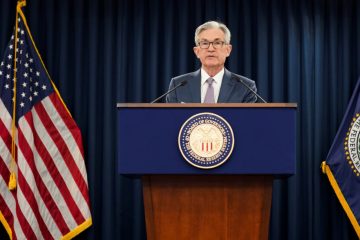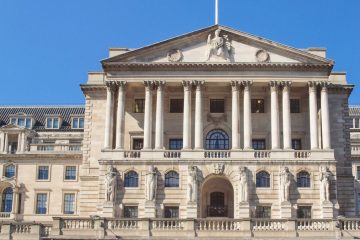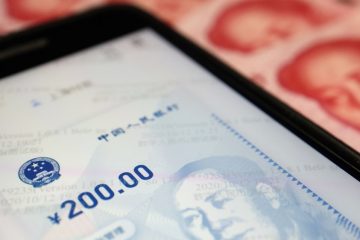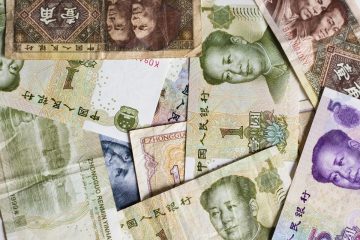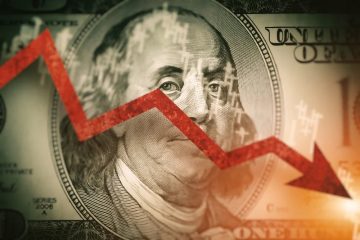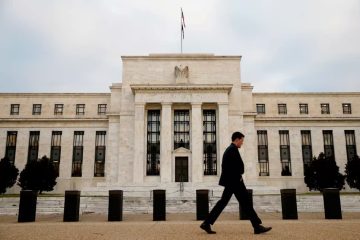Dollar up on higher yields, euro hit by ECB’s “less for longer” decision
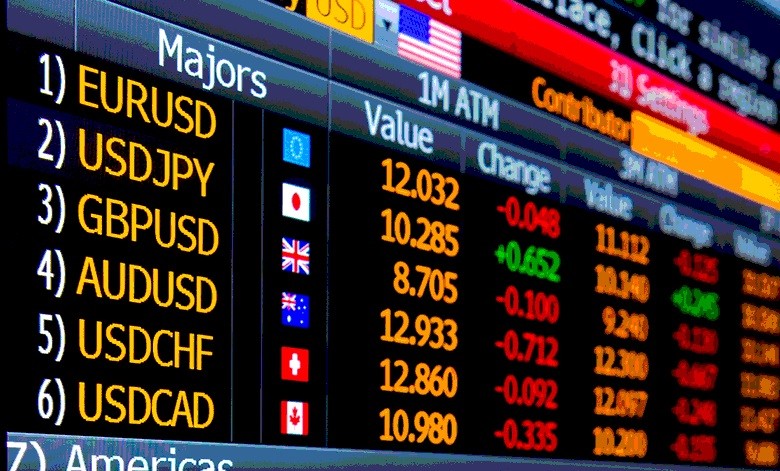
TOKYO : The dollar rose broadly on Friday as U.S. bond yields rose, while the euro sank after the European Central Bank’s decision to extend its debt-buying program even as it cut the size of its purchases disappointed currency bulls.
The dollar index gained 0.1 percent to 101.230 .DXY following an overnight rise of nearly 1 percent. It was on track to gain 0.3 percent this week.
The greenback was up 0.4 percent at 114.430 yen, coming within the reach of a 10-month high of 114.830 set last week.
The yen’s safe-haven appeal has diminished as Japan’s Nikkei .N225 hit a one-year peak as Wall Street reached a record high.
The widening of U.S.-Japan interest rate differentials also supported the dollar, with the benchmark 10-year Treasury note yield rising to 2.445 percent. The Treasury yield edged back toward a 1-1/2-year peak of 2.492 percent scaled last week following a rise in euro zone debt yields overnight.Long-dated euro zone bond yields rose and the euro fell on Thursday after the ECB said it would reduce its monthly asset buys to 60 billion euros $ 63.58 billion) as of April, from the current 80 billion euros, but as it also opted to extend bond purchases to December from March.
The ECB expanded what it could buy to shorter-dated paper and also reserved the right to raise the purchase amounts should the economic outlook sour.
“The reduction in purchases initially came as a surprise to the market as we first thought it was policy tapering,” said Ayako Sera, market economist at Sumitomo Mitsui Trust Bank in Tokyo. “But ECB showed after all that it is willing to ease for a longer term, expanding what it could buy.”
The euro dropped 0.2 percent to $ 1.05920 EUR=, after falling 1.3 percent overnight, the biggest intraday loss since late June.
It had briefly risen to a near 1-month peak of $ 1.0875 on Thursday in an initial reaction to the ECB before pulling back as the markets concluded that more significant policy tapering remained further down the horizon.
“The drop in short-end German bund yields following the ECB announcement dragged down the euro by widening the spread with U.S. yields,” said Shin Kadota, chief Japan FX strategist at Barclays in Tokyo. “It was not just the perceived lack of a strong tapering message, but such technical factors also weighed on the euro.”
The 2-year German bund yield sank on Thursday while the 10-year bund yield DE10YT=TWEB rose as long-dated debt were sold on the ECB’s decision to reduce the buying amount while widening the overall maturity range of its purchases.
“There is no doubt that ECB monetary policy is firmly focused on securing a recovery in inflation toward target and, whilst not a policy tool, a weaker exchange rate would be helpful in that regard. Our forecasts assume that EUR/USD will move toward parity in coming months,” wrote Brian Martin, head of global economics at ANZ.
With the ECB meeting out of the way, attention has turned to the Federal Reserve.
The possibility of the Fed hiking interest rates next week has been almost fully priced in by the market, and the focus is now on whether the central bank hints at further monetary tightening in 2017.
Sera at Sumitomo Mitsui Trust Bank said that the markets’ focus will also shift to politics as EU leaders gather for the European Council next week.
The Australian dollar dipped 0.1 percent to $ 0.7452 against a broadly higher dollar. The New Zealand dollar was steady at $ 0.7173.


